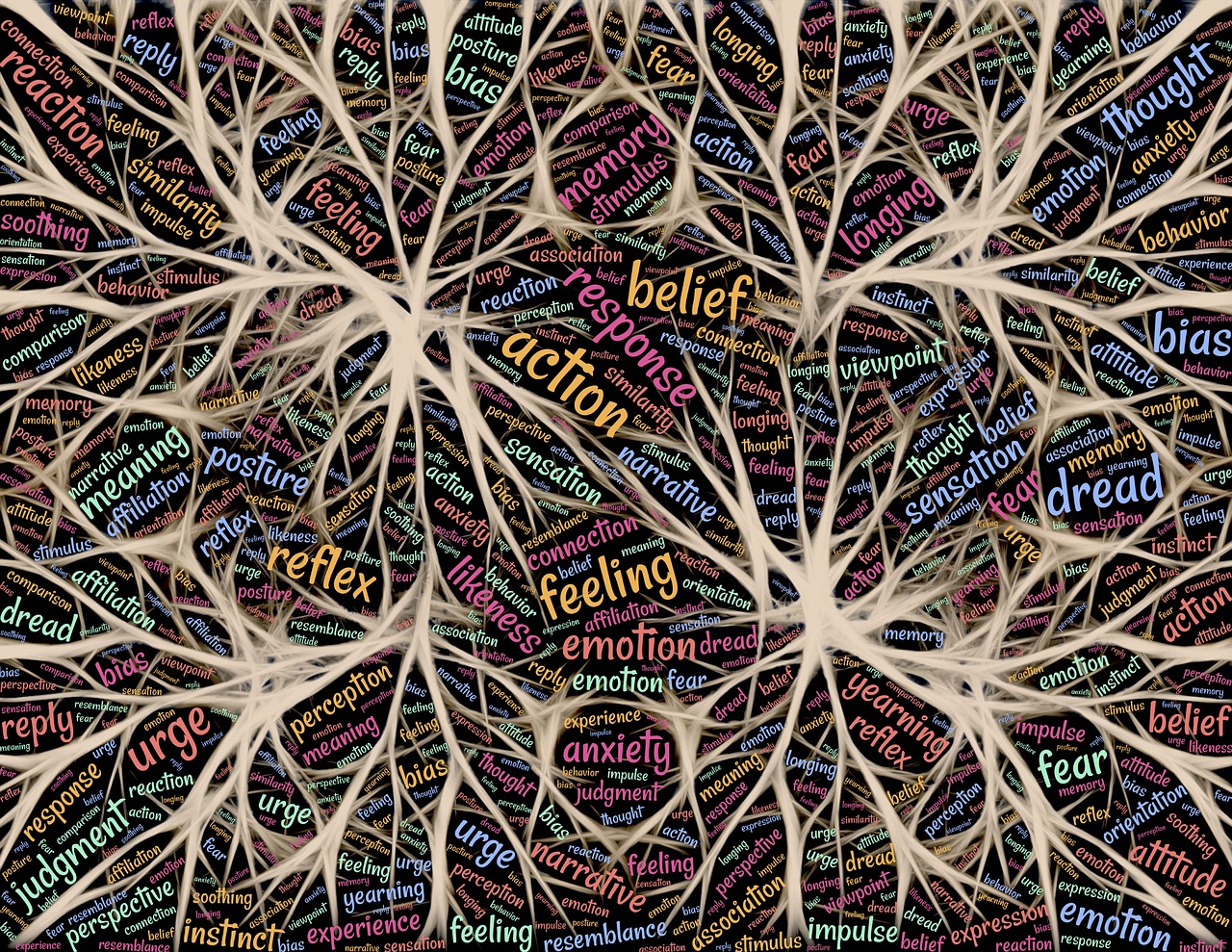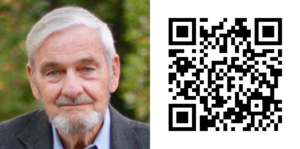Today I will be substitute teaching a debate class in a couple of hours. To help prepare them for successful debate I want to teach them the semantic pitfalls they may encounter in life so they can move past those logic traps and get to the truth that much faster. Here are the things I want to teach them. These will all be cast in the context of a debate.
Words: The Blessed Curse
Perhaps the most important thing to understand about debate is that it has to be conducted with words and words are almost never what you want to talk about. They are but symbols and are always approximations of the reality you are trying to discuss. Practice looking beyond or behind the words and seeing what is really there. Your opponent probably will not have this advantage because very few people even think about this most fundamental fact of debate.
Einstein once famously said, “Look deeply into nature, then you will understand everything better.” He was saying we need to look past the words. Use your imagination and visualize your topic then manipulate it so it looks the way you want it to, and then describe what you see with words as best you can. This translation away from words to reality and then the exercise of expressing that reality in the best way you are capable is a key to power in debate.
Watch the Abstracts
Always identify the antecedents of abstractions so you know the subject under discussion. If you don’t know what the antecedent is, ask your opponent. He may not know either, or be unable to clearly describe it. In that case you have already won the point because your opponent clearly doesn’t know what he is talking about.
Be aware that many things we consider solid facts are actually abstractions. Things like poverty, society, and information. It is perhaps a bit of a stretch, but even things like software are abstractions.
False Dichotomies
One of the most compelling proofs of the power of semantics is the confusion now present in our society that is based on false dichotomies. One of those, one that deeply and tragically divides us, is this idea: “people can be divided into believers and non-believers”. The fact is, this statement is simultaneously true and false.
It is true that some people believe in a supreme or divine being and some don’t. (To keep this simple, I’m going to use the word “God” to denote this being.) When the word “believer” is taken to describe one who believes in God the statement is true. However, when the word “believer” is left to stand on its own, to describe the fact that someone believes something, it is a patently false statement because everyone believes something. To narrow it down, everyone believes there is a God or they believe there isn’t, or they believe they can’t figure it out. The point is everyone believes. At this level, it is a false dichotomy to divide us into believers and non-believers.
The failure to see this false dichotomy is the basis of much contention among ourselves and perhaps worse, it is the basis of legislatures’ attempts to make laws that are not based on religion. The result has been the establishment of atheism as the official state religion. This is a direct violation of the first amendment to the US Constitution. The founders did not fall into this trap. General Washington, for example, did not punish the Quakers in his ranks that refused to even carry groceries for the troops. He just sent them home.

The separation of church and state has been fueled by this false dichotomy. Here’s the proof: every law is designed to accomplish some “good”, and the goodness thereof depends on the value system of its author. Some thought it was good to annihilate the Jews. What is “good” must always be derived from the worldview (or religion) of the legislator hance his law will be based on religion.
The words “religious” and “non-religious” suffer from the same misconceptions. We say that atheists are “non-religious” but that fact is they are, in some ways, the most religious all. Again it depends on the definitions of the words you are using, but in common parlance, it is correct to say that since it is impossible to prove the non-existence of anything, the atheist has to hold his opinion based strictly on belief. He is a believer in this more fundamental sense and therefore as religious as anyone else. In fact, we are all religious in this most basic sense.





